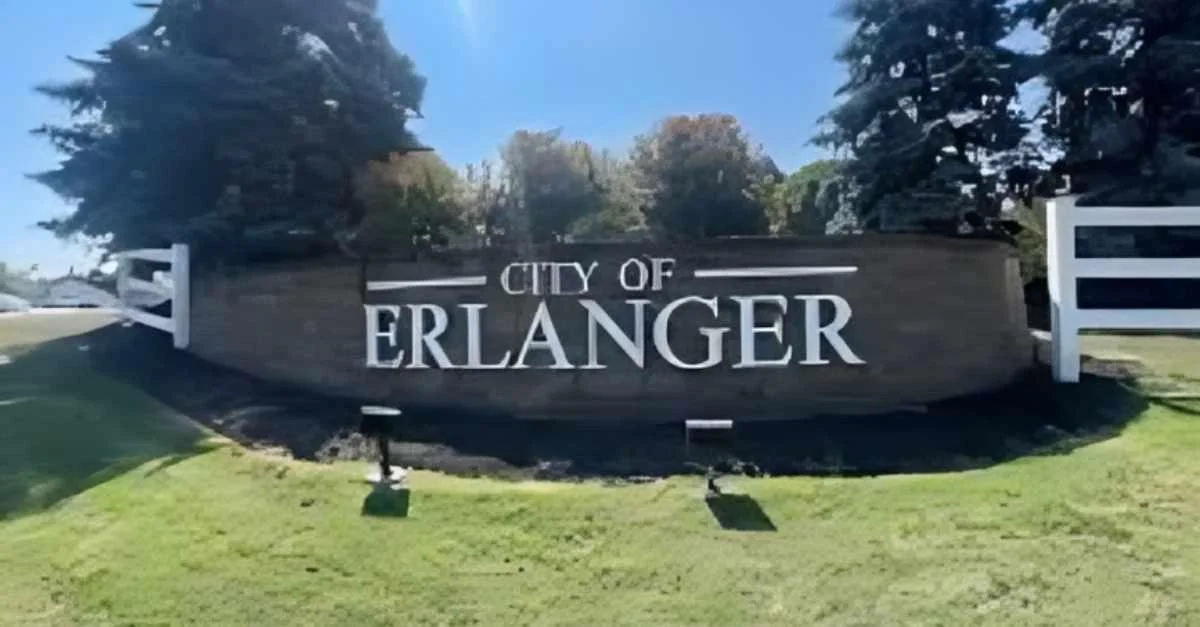Sports gambling has become a widespread activity, particularly during major events like March Madness. This year, nearly 68 million Americans are expected to wager over $15 billion on the NCAA basketball tournament. The shift in the legal landscape of sports betting followed the U.S. Supreme Court's decision to strike down the Professional and Amateur Sports Protection Act (PASPA), allowing states to establish their own regulations.
Despite its growing popularity, sports gambling is drawing comparisons to past public health crises such as Big Tobacco and the opioid epidemic. It is projected to generate $1 trillion in revenue over the next decade, leading some to call its legalization a significant error.
Les Bernal, national director of Stop Predatory Gambling, is actively working against what he describes as state-sanctioned consumer financial fraud through sports betting. "The longer you participate in it, there is a mathematical guarantee that you will lose all your money," Bernal stated on his recent appearance on the OSV podcast, Catholic in America.
Since PASPA's repeal, 39 states and Washington D.C. have legalized some form of sports gambling. While some permit it at physical locations like tribal casinos, others allow online platforms such as DraftKings or MGM.
Bernal differentiates predatory gambling from private social forms of gambling like church bingo or office pools. He argues that legalized sports betting creates an exploitative partnership between states and commercial sportsbooks.
According to Bernal, only a small percentage of online gamblers withdraw more money than they invest. Experienced bettors may exhibit addictive behaviors that companies exploit by offering bonus cash incentives.
Church teachings warn against gambling when it deprives individuals of necessary resources for themselves or others. Recent data suggests that legalized sports betting may contribute to these moral concerns.
For example, Virginia saw a 387% increase in calls to gambling helplines after legalizing sports betting. In New Jersey, it's estimated that 6% of residents have developed a gambling disorder. Additionally, research published by The Lancet highlights gambling's significant threat to public health.
A Bloomberg article titled "Sports Betting Apps Are Even More Toxic Than You Thought" outlines how online betting impacts financial health: average credit scores drop by nearly 1%, bankruptcy likelihood rises by 28%, and debt collection cases increase by 8%.
In light of these findings, Catholics are encouraged to recognize the issue's importance in protecting vulnerable populations. Where sports betting remains illegal, efforts should focus on preventing legalization; where it exists legally, further expansion—especially online—should be opposed.
Jason Adkins hosts "Catholic in America," an Our Sunday Visitor podcast exploring topics related to faithful citizenship today. The podcast is available on major platforms or at catholicinamerica.osvpodcasts.com.
 Alerts Sign-up
Alerts Sign-up






